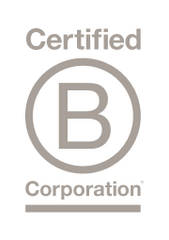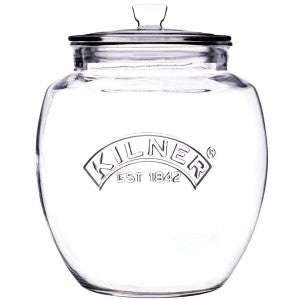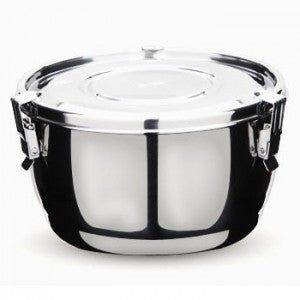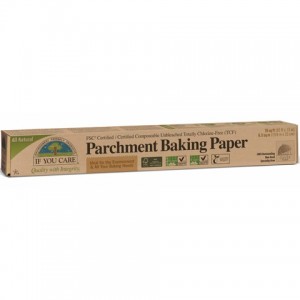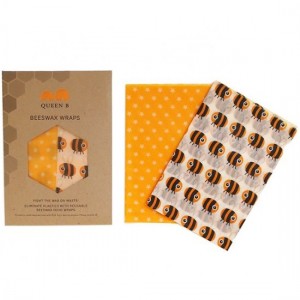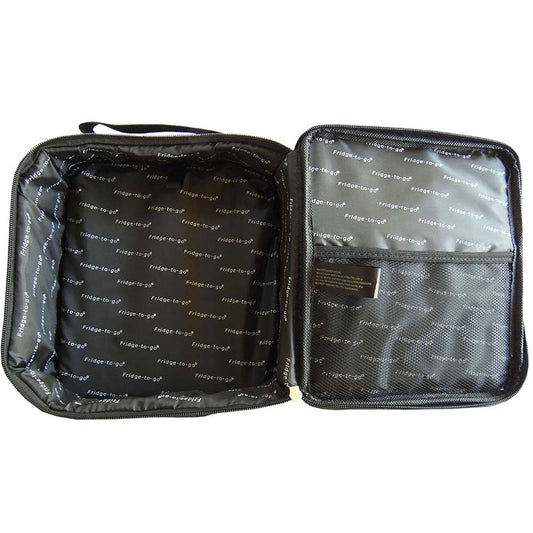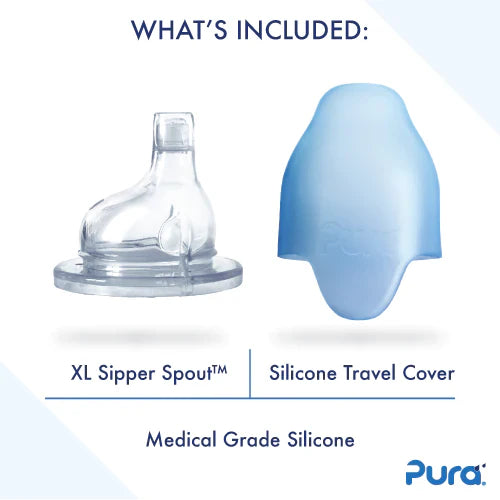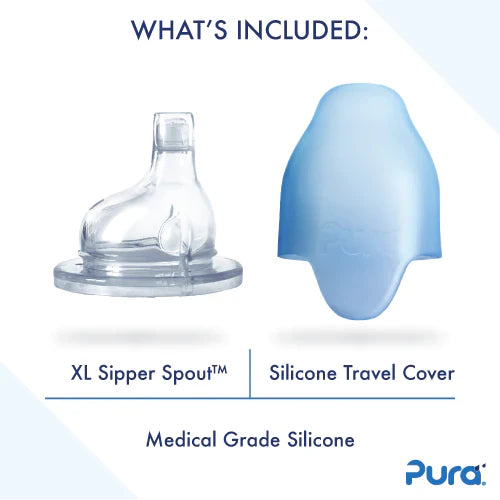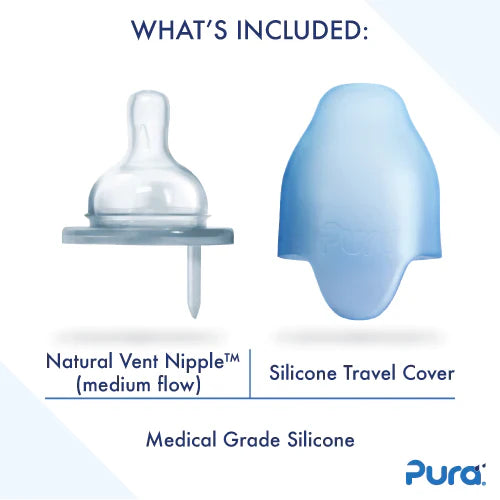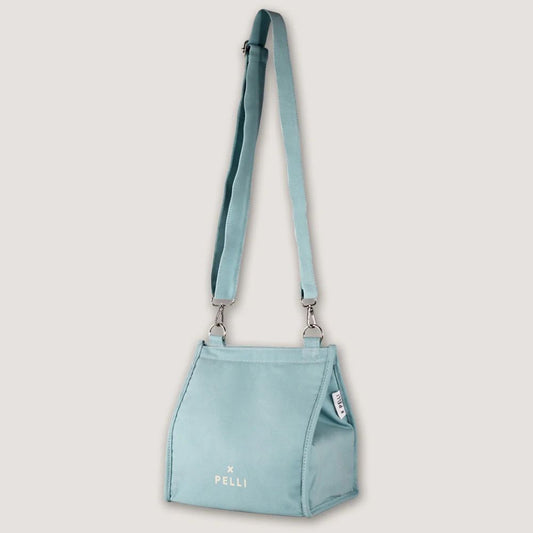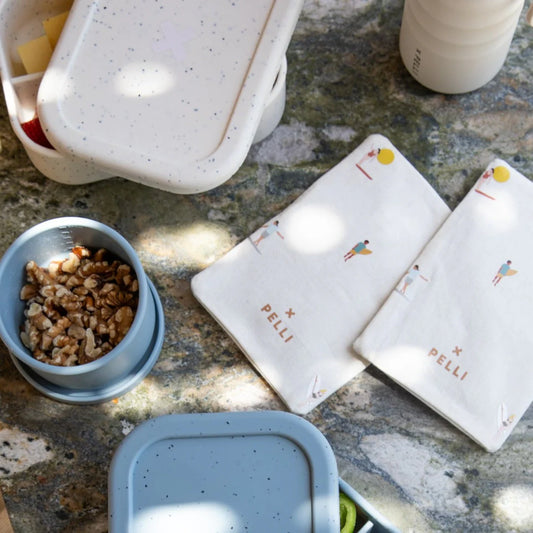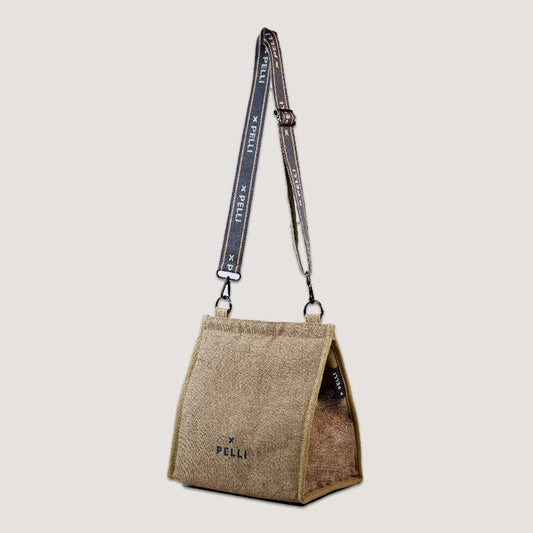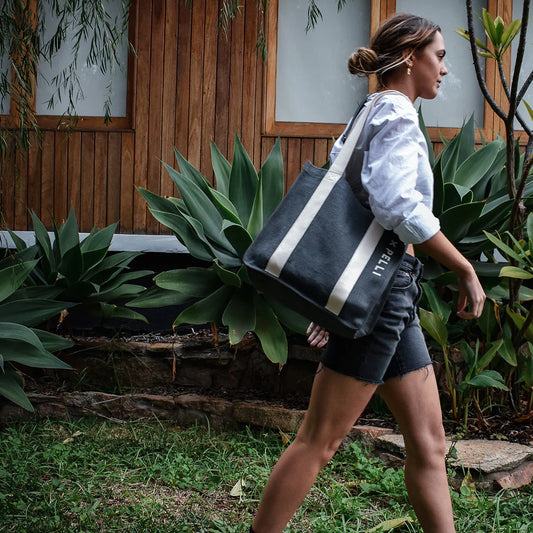There are many reasons to reduce the amount of plastic in your life. The less plastic you buy, the less needs to be produced (most plastic is made from petrochemicals!). Some plastic can also leech toxic chemicals and release endocrine disruptors, which mimic the body's natural hormones and can lead to health problems. These dangers are increased when you apply heat to the plastic, such as when reheating food or putting through the dishwasher. The good news is that it's incredibly easy to reduce your reliance on plastic when storing food. Here we break down alternatives to plastic food storage so you can move towards a low-tox, plastic-free life.
Storing food without plastic in the fridge
1. Mason Jars
Glass Ball mason jars are a great option for storing both liquids and solids. From salads and smoothies to leftovers like pasta or veggies, mason jars are extremely portable - perfect to take to work the next day for lunch. You can also buy various lids to turn it from a storage or jam jar to a smoothie jar. Discover our range of glass mason jars here >
2. Glass Containers
Glass containers are made from the purest and infinitely recyclable material - glass. Our glass food storage containers are impermeable, non-porous and eliminate chemical leaching and stains. Not even BPA, PVC or Phalates can hide in our transparent glass containers. Brands like Kilner, Glasslock, Wean Green and Onyx all have quality glass options to choose from. Please note that many of our glass containers still have plastic lids, so if you wish to be completely plastic free look at Onyx's air-tight containers which are either glass with a stainless steel lid or fully stainless steel. Discover our range of glass containers here >
Tips for storing veggies There are many techniques for strong fresh produce in the fridge without plastic, depending on what it is. Some general things to remember
- Always remove any tight bands from your vegetables or at least loosen them to allow them to breath.
- Some veggies last longer if wrapped in a damp tea towel. Try for cucumbers, zucchini and broccoli.
- For carrots, celery and radishes, cut tops off and store in a glass container filled with water (just remember to change the water regularly).
- Some vegetables usually don't need refrigerating and can live on your kitchen bench (like tomatoes) or in a dark spot in a cupboard (sweet potatoes, garlic, onion and potatoes).
- Greens will wilt quickly, so try and eat first!
Storing food without plastic in the freezer
Freezing food is an excellent way to avoid food waste and extend the life of your produce. But you'll want to avoid freezer burn, which strips moisture, taste and texture from food and occurs when food is incorrectly stored. The solution is to look for airtight, puncture-resistant packaging.
1. Stainless Steel
A long-lasting, quality option for avoiding plastics when storing and freezing food is stainless steel. This metal is recyclable at the end of its useful life, and tends to last longer than plastic containers which can crack in freezers. If you are further looking to reduce plastics, you could consider a stainless steel ice cube tray like this one from Onyx which uses a classic 1950s style design for a retro twist. Discover our range of stainless steel storage solutions here >
2. Freezer-Safe Glass Containers 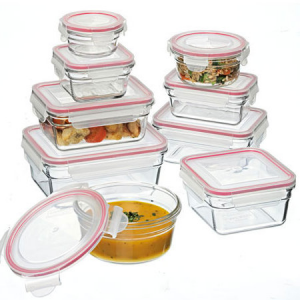
Storing, freezing and serving food from glass ensures that your food is not contaminated with unwanted chemicals including BPA, PVC and Pthaltates. Note that not all glass is strong enough for frozen foods and remember liquid expands when frozen, so don't fill containers right to the top. The freezer-safe containers we stock are Glasslock, Onyx, Lifefactory glass containers and Lifefactory BABY bottles, which are made from borosilicate glass and can be used for freezing all forms of liquid. The larger Lifefactory beverage bottles are NOT suitable for freezing. Discover our range of freezer safe glass containers here >
3. Paper
If you are freezing food for a shorter period of time (2-3 weeks at most), you can wrap in unbleached butcher paper or waxed paper sheets or bags. Our unbleached, chlorine free baking paper is non-stick and can be used for freezing.
Plastic Wrap Alternatives
There are serious health concerns when using cling wrap to heat food in the microwave. If the cling wrap comes in contact with food or melts into the food, chemicals can leech into what you're about to eat. There are simple alternatives - you can pop another microwave-safe plate on top of the dish you're heating food in, chemical free paper towel or for a reusable option, look to BPA-free, food grade silicone food covers. As for other cling wrap alternatives, Agreena silicone food wraps and Beeswax wraps are an excellent, natural and eco-friendly option for storing foods in the fridge or packaging food or snacks. Discover our range of plastic cling wrap alternatives here >
